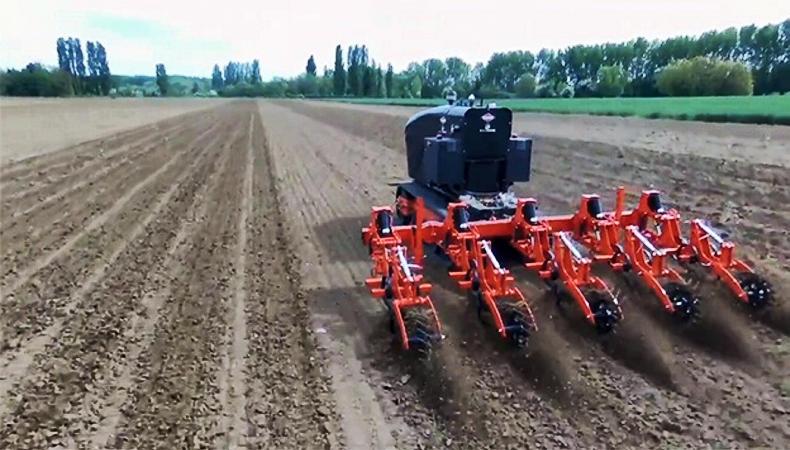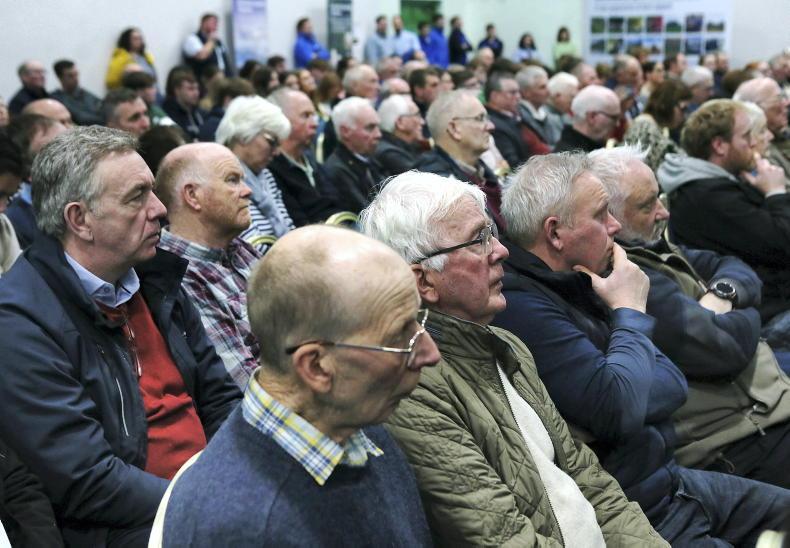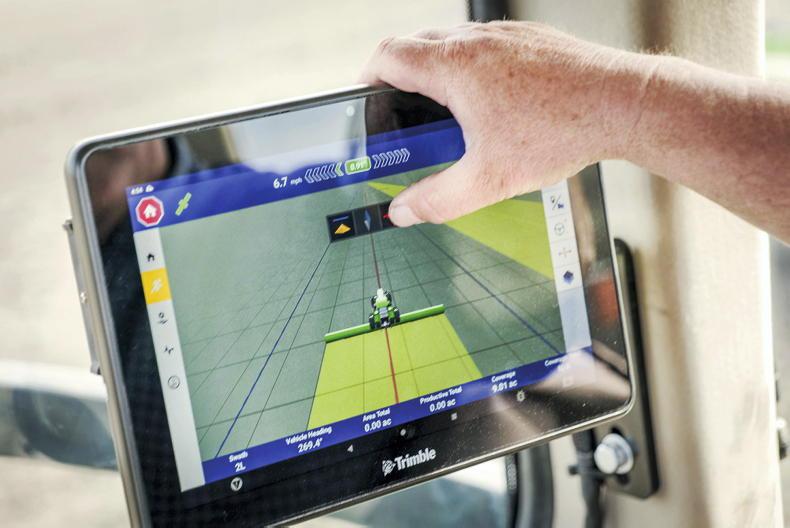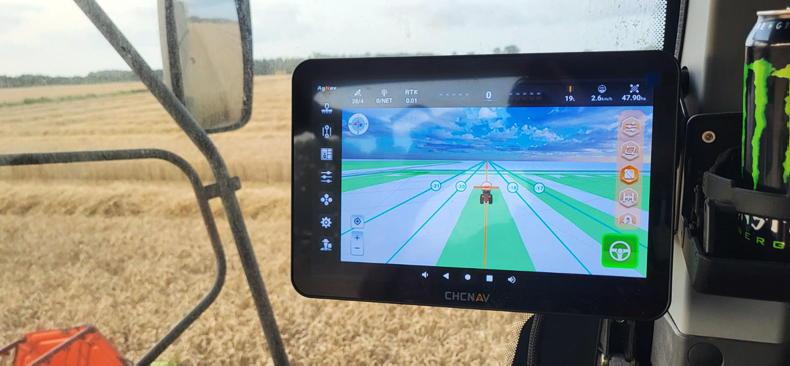Towards the end of the year it is expected that farmers will be invited to apply to be part of a new network of Technology Demonstration Farms across NI.
The scheme is being developed by CAFRE, with host farms across a wide range of enterprises showcasing innovative technology and relating their experiences on the impact it has made on their farm business. The principle behind the scheme is good, as one of the main challenges for the industry into the future is to improve productivity on farms, principally labour productivity – in other words, producing the same, or more, from less labour input.
That is where technology has a major role and there is no doubt that the likes of increased automation on dairy farms, GPS technology in general cropping, or electronic identification on sheep farms has had a positive impact for those who have used it well.
There are also new opportunities coming quickly down the tracks, whether it is use of drone technology, artificial intelligence or virtual fencing.
But we also must not lose sight of the fact that any technology being implemented or demonstrated must deliver for the bottom line of profit. In the world of tractors in particular, you would have to question whether many of the latest features on expensive new machines are way beyond what most working farms actually need.
Therefore, it is important that whatever technologies are chosen by CAFRE for the new demonstration farm programme, they actually have the potential to deliver a financial return, while also not forgetting that it will always be the simple things that contribute most.
For the vast majority of farms that means undertaking soil analysis, matching nutrients to crop needs, rotational grazing, making good-quality silage and following animal health plans.
Those fundamentals must remain in place.
Read more
NI agri food should review coupled payments option
Focus on reseeding and embracing technology
Towards the end of the year it is expected that farmers will be invited to apply to be part of a new network of Technology Demonstration Farms across NI.
The scheme is being developed by CAFRE, with host farms across a wide range of enterprises showcasing innovative technology and relating their experiences on the impact it has made on their farm business. The principle behind the scheme is good, as one of the main challenges for the industry into the future is to improve productivity on farms, principally labour productivity – in other words, producing the same, or more, from less labour input.
That is where technology has a major role and there is no doubt that the likes of increased automation on dairy farms, GPS technology in general cropping, or electronic identification on sheep farms has had a positive impact for those who have used it well.
There are also new opportunities coming quickly down the tracks, whether it is use of drone technology, artificial intelligence or virtual fencing.
But we also must not lose sight of the fact that any technology being implemented or demonstrated must deliver for the bottom line of profit. In the world of tractors in particular, you would have to question whether many of the latest features on expensive new machines are way beyond what most working farms actually need.
Therefore, it is important that whatever technologies are chosen by CAFRE for the new demonstration farm programme, they actually have the potential to deliver a financial return, while also not forgetting that it will always be the simple things that contribute most.
For the vast majority of farms that means undertaking soil analysis, matching nutrients to crop needs, rotational grazing, making good-quality silage and following animal health plans.
Those fundamentals must remain in place.
Read more
NI agri food should review coupled payments option
Focus on reseeding and embracing technology










SHARING OPTIONS